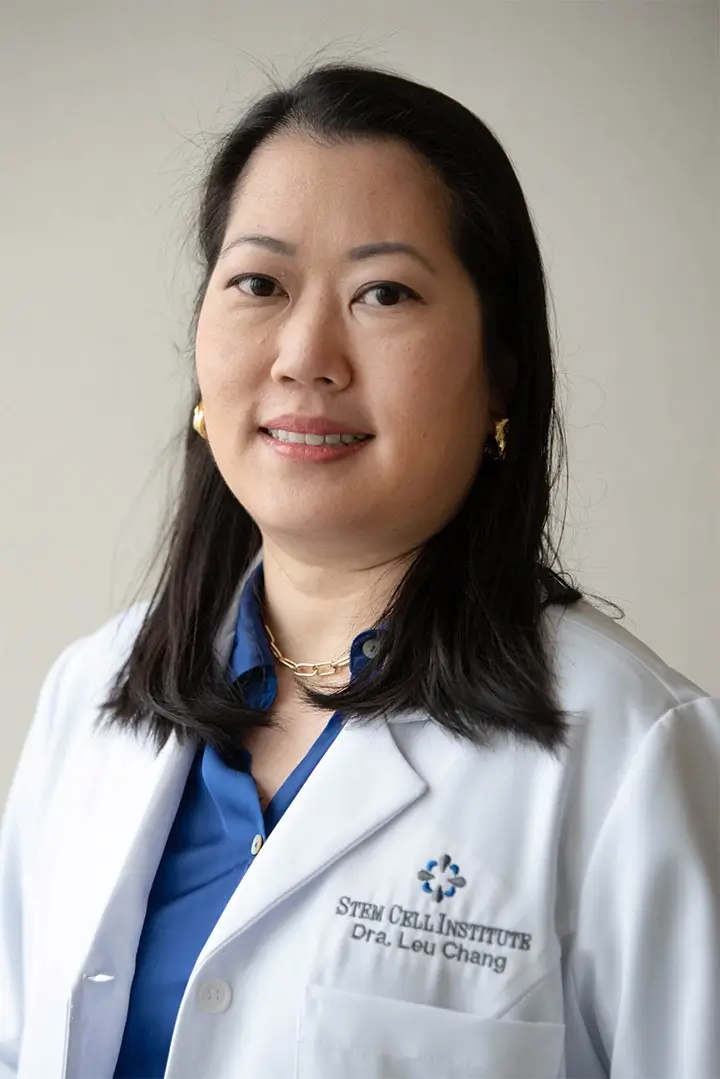Aaron Cathcart was told by his doctor that he barely had a year to live, because his heart was so weak that he would not be able to survive surgery. That was over two years ago.
On June 26th of last year, however, Mr. Cathcart received autologous adult stem cell therapy in which his own adult stem cells, derived from his own bone marrow, were administered directly into his heart during open-heart surgery. Prior to receiving the therapy, his heart had an ejection fraction of less than 20%, whereas a normal ejection fraction range is considered to be between 55% and 75%. Three months after receiving the adult stem cell therapy, his ejection fraction had improved to 36%, and by January it had improved even further to 41%. Now, he no longer needs a defibrillator and is almost within the normal range for a healthy ejection fraction.
As Mr. Cathcart now describes, “It used to be that I couldn’t walk a couple hundred feet in the yard without getting pains. I couldn’t go out if the weather dropped below 50 degrees because my heart would strain in the cold.”
Since stem cell therapies are still plodding their way through the multi-year, highly expensive and lethargic FDA clinical trial process that is required for government approval of such therapies in the U.S., most stem cell therapies are not yet available in the U.S. at all, except through FDA-approved clinical trials. In fact, this is exactly how Mr. Cathcart discovered the therapy, since he was fortunate enough to find a clinical trial with adult stem cells that was being conducted not far away from his hometown. The company TCA Cellular Therapy was seeking patients who had suffered heart attacks but had never undergone heart surgery, conditions which applied to Mr. Cathcart and which made him eligible to participate in the trial. The therapy utilized autologous adult stem cells which were taken from each patient’s own bone marrow, expanded in the laboratory and then administered back to each patient according to his or her particular medical condition. Although such therapy usually eliminates the need for surgery, in Mr. Cathcart’s particular case the doctors determined that heart surgery was necessary due to the advanced pathology of his heart, so his own adult stem cells were injected directly into the dead tissue of his heart during bypass surgery.
Embryonic stem cells were never used in the therapy, due to the numerous medical risks and dangers that embryonic stem cells pose, not the least of which is the formation of teratomas (tumors). By sharp contrast, adult stem cells pose no such risks.
As Mr. Cathcart explains, “People hear ‘stem cells’ and they think ‘killing babies’. People are not distinguishing between the two. These were my own stem cells they used. Everyone’s body has them, and if you increase them in concentration, they can repair your body much better than normal.”
The company TCA Cellular Therapy, which is headquartered in Covington, Louisiana, is focused exclusively on the research and development of adult stem cell therapies, not embryonic stem cell therapies. Their latest successes in the treatment of various cardiac conditions hold great promise for the safe, effective and ethical treatment of diseases that afflict a growing number of people each year. In 2005 alone, it was estimated that over 35% of all deaths in the United States were related to cardiovascular disease, and every day approximately 2,400 Americans die from complications of this “silent killer”. Additionally, over 6 million people in the U.S. alone are believed to have blood-flow problems to their legs, which is a contributing factor to cardiovascular disease.
TCA Cellular Therapy owns two patents for proprietary autologous adult stem cell processes and products that are derived from the patient’s own bone marrow, and currently the company is in four separate FDA-approved Phase I and Phase II clinical trials, for the use of autologous bone marrow-derived stem cells in: 1/ the treatment of infarcted myocardium during bypass surgery, 2/ the non-surgical rescue and repair of cardiac muscle following acute myocardial infarction, 3/ the treatment of severe limb ischemia and 4/ the treatment of severe coronary ischemia. Further clinical trials for spinal cord injury and ALS (amyotrophic lateral sclerosis, also known as Lou Gehrig’s disease) are still pending FDA review, and future protocols are currently being designed for the treatment of Parkinson’s disease and idiopathic cardiomyopathy with autologous adult stem cells.

